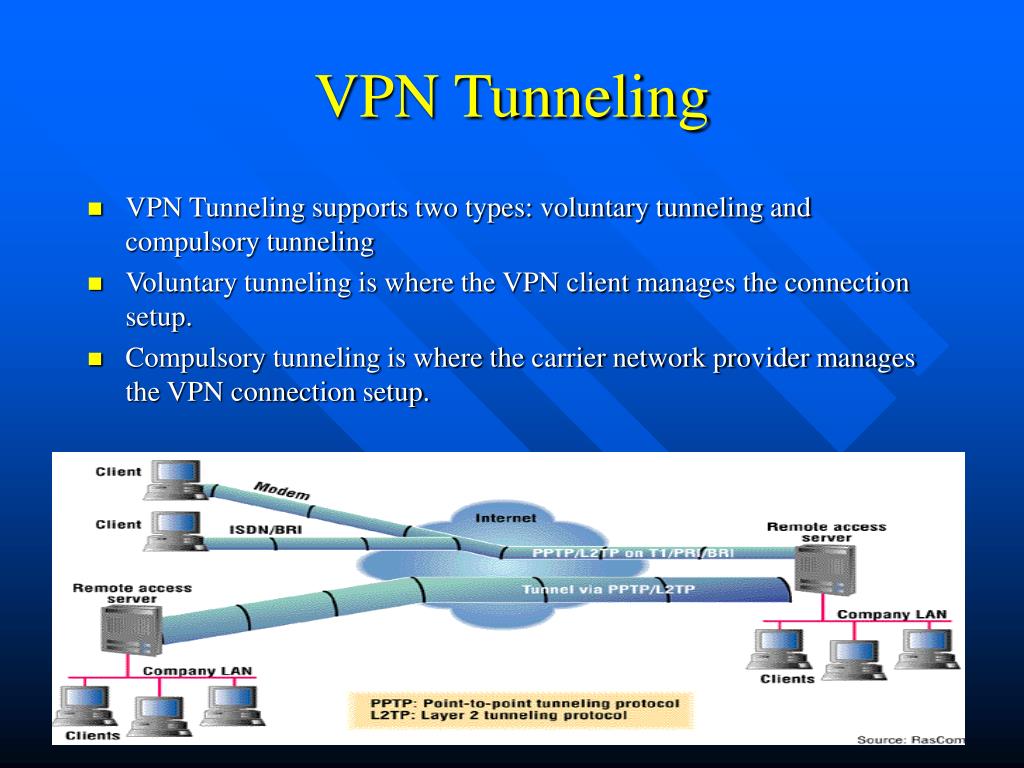
- #Sonicwall global vpn client vs netextender how to
- #Sonicwall global vpn client vs netextender update
- #Sonicwall global vpn client vs netextender windows
And it works with advertising companies to deliver cookies – more so than most VPN providers. The company collects a vast array of personal information, ranging from addresses, IP data, URLs visited, and payment details, to geographical location. SonicWall’s privacy policy has some concerning items. Most providers of VPNs and security solutions for corporate clients choose to collect client data, but they aren’t always open about it.

The encryption level is fine, authentication is slick and flexible, and everything slots together seamlessly. Overall, the impression made by SonicWall is pretty strong. So it’s a nice addition to have (but does add to cost, so it’s not essential). This doesn’t provide much more than third-party antimalware scanners or security services but does integrate neatly with the VPN. SonicWall also offers sophisticated threat analysis via its Securit圜enter. So the basics are there, as far as small and medium businesses are concerned. Managers can toggle access to various applications as needed, creating groups for apps and projects. On a basic level, the actual SonicWall VPN offers solid SSL tunneling, AES encryption, and the option of adding forms of one-time passwords or 2-factor authentication if required. If you’re already a SonicWall customer for other reasons, adding the company’s VPN or Netextender will add extra functionality, but for those starting from scratch, the possibilities are more limited. Many of these features require purchasing additional SonicWall products or licenses – which is worth bearing in mind.
#Sonicwall global vpn client vs netextender windows
With our current Windows implementation, anyone who wants to connect via VPN just creates a new VPN connection in their OS.SonicWall VPN offers what it calls “a safe policy-enforced secure access to mission-critical applications and data.” That’s quite a lot to digest in one sentence, but it boils down to a simple offer. In a tutorial video, I saw that SSL-VPN through SonicWALL uses a web portal system to connect to VPN. If I go with SonicWALL, it seems that it would be better to use the SSL-VPN rather than the "normal" VPN option.

Is it "better" to use the VPN functionality built into SonicWALL or to use Windows "Routing and Remote Access Service"? By "better", I mean, are the two equivalent choices with one being a clearly superior option to the other? I'm pretty new to dealing with server configuration and firewall stuff, so I had a couple questions about this: While investigating how VPN had been configured for SVN, I found that we weren't using our SonicWall's VPN/SSLVPN - we were using our Windows Server 2008 machine's "Routing and Remote Access Service".
#Sonicwall global vpn client vs netextender how to
I wanted to expose a couple more resources via VPN (namely, we're revving up some internal Git repositories that we'll want to access through VPN), so I was exploring how to get that working.
#Sonicwall global vpn client vs netextender update
One of the last things he implemented before leaving was a VPN connection to our SVN repositories hosted inside the company firewall (so people could update and commit to SVN remotely).

Until recently, the small company I work for (~10 people) has relied on an IT resource to manage our network infrastructure.


 0 kommentar(er)
0 kommentar(er)
